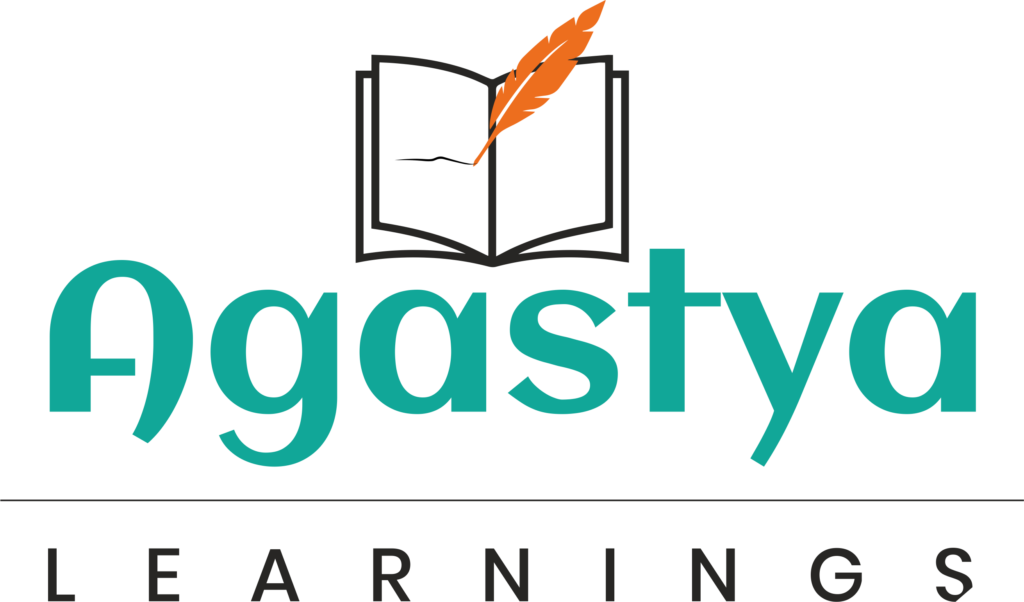
How to Create an Effective Study Plan for Olympiad Exams
How to Create an Effective Study Plan for Olympiad Exams
Olympiad exams are highly competitive and require thorough preparation. A well-structured study plan is key to ensuring that your child covers all necessary topics, manages their time effectively, and stays motivated throughout the preparation process. Whether your child is preparing for Olympiad exams, scholarship exams, or both, creating an effective study plan will help them stay on track and achieve their academic goals.
In this guide, we’ll explore how to create a study plan that leverages the benefits of Olympiad preparation, hybrid learning, and targeted strategies to ensure success.
Understand the Exam Structure and Syllabus
Before creating a study plan, it’s important to have a clear understanding of the exam structure and syllabus. Each Olympiad exam has its own format, and knowing what to expect will help you design a plan that covers all necessary areas.
How to Get Started:
- Review the Syllabus: Start by downloading the syllabus for the Olympiad exam your child is preparing for. Break it down into key topics and subtopics that need to be covered.
- Understand the Exam Format: Familiarize yourself with the exam format, including the types of questions (multiple-choice, descriptive, etc.), the marking scheme, and the time allotted for each section.
- Identify Important Topics: Based on past exam papers and the syllabus, identify which topics are most frequently tested. Prioritize these topics in your study plan.
Set Clear and Achievable Goals
Setting specific goals is essential for maintaining focus and motivation. Break down your child’s study plan into short-term and long-term goals that are both challenging and achievable.
Goal-Setting Tips:
- Short-Term Goals: These could include daily or weekly objectives, such as completing a certain number of chapters, practicing a set of problems, or mastering a particular concept.
- Long-Term Goals: These are broader objectives, such as covering the entire syllabus by a certain date, achieving a target score in practice tests, or improving performance in weaker subjects.
- SMART Goals: Ensure that the goals are Specific, Measurable, Achievable, Relevant, and Time-bound. This approach helps in tracking progress and staying on course.
Create a Study Schedule and Stick to It
A consistent study schedule is key to effective preparation. Allocate specific times for studying each subject, and ensure that the schedule is realistic and sustainable over the long term.
Building a Study Schedule:
- Daily Study Time: Dedicate specific hours each day for Olympiad preparation. Ensure that these hours are free from distractions and that your child is focused during this time.
- Balance Subjects: Rotate between subjects (e.g., Mathematics, Science, English) to maintain interest and ensure comprehensive preparation.
- Include Breaks: Schedule short breaks between study sessions to prevent burnout. A 5-10 minute break after every 45-60 minutes of study can help refresh the mind.
- Weekend Review: Use weekends to review what has been covered during the week. This helps reinforce learning and identify areas that need more attention.
Leverage Hybrid Learning for Flexible and Effective Preparation
Hybrid learning combines online education with traditional methods, offering flexibility and access to a wide range of resources. Incorporate hybrid learning into your study plan to enhance your child’s preparation.
Using Hybrid Learning Effectively:
- Online Classes: Enroll your child in online Olympiad preparation courses that offer live classes, recorded lessons, and interactive sessions. Agastya Learnings, for instance, provides comprehensive courses tailored to various Olympiad exams.
- Digital Resources: Make use of online resources such as practice tests, video tutorials, and interactive quizzes. These tools provide additional support and reinforce concepts learned in class.
- Personalized Learning: Hybrid learning platforms often offer personalized learning paths based on your child’s strengths and weaknesses. Use these tools to focus on areas that need improvement.
Practice Regularly with Mock Tests and Past Papers
Practice is crucial for success in Olympiad exams. Regularly solving mock tests and past papers helps your child get accustomed to the exam format, improves time management, and identifies areas that need further study.
Importance of Practice:
- Mock Tests: Schedule regular mock tests as part of your study plan. These tests simulate the actual exam environment and help your child practice under timed conditions.
- Past Papers: Solve past Olympiad exam papers to understand the types of questions asked and the difficulty level. This also helps in revising important topics.
- Analyze Performance: After each test, review the answers with your child. Discuss mistakes, analyze performance, and adjust the study plan accordingly to address weak areas.
Incorporate Time for Revision and Doubt Clearing
Revision is an essential part of the study plan, ensuring that your child retains what they’ve learned and is ready for the exam. Additionally, clearing doubts regularly prevents misunderstandings and solidifies knowledge.
Effective Revision Strategies:
- Daily Recap: Spend 15-20 minutes each day reviewing what was learned during the study session. This helps reinforce the material and keeps it fresh in memory.
- Weekly Review: Dedicate one day a week (e.g., Sunday) for a comprehensive review of all subjects covered during the week. This deepens understanding and prepares your child for upcoming topics.
- Doubt Clearing: Encourage your child to note down any doubts or questions during their studies. Use hybrid learning tools or seek help from instructors to clear these doubts promptly.
Stay Flexible and Adjust the Plan as Needed
A study plan should not be rigid. It’s important to stay flexible and make adjustments based on your child’s progress, energy levels, and any unforeseen challenges.
Adapting the Study Plan:
- Track Progress: Regularly assess your child’s progress towards their goals. If they are consistently meeting their targets, consider increasing the difficulty level or pace.
- Modify as Needed: If your child is struggling with certain topics or feeling overwhelmed, adjust the study plan to allow more time for those areas. It’s important to maintain a balance between challenging them and ensuring they don’t become discouraged.
- Celebrate Milestones: Recognize and celebrate when your child achieves significant milestones in their preparation. This boosts morale and keeps them motivated to continue working hard.
Encourage a Healthy Lifestyle
Physical and mental well-being play a crucial role in effective learning. Ensure that your child maintains a healthy lifestyle that supports their study efforts.
Healthy Habits to Encourage:
- Balanced Diet: Provide a nutritious diet that fuels your child’s brain and keeps their energy levels up.
- Regular Exercise: Encourage physical activity to help manage stress, improve concentration, and maintain overall health.
- Adequate Sleep: Ensure that your child gets enough sleep each night, as rest is essential for memory consolidation and cognitive function.
Conclusion: Setting Your Child Up for Success
Creating an effective study plan for Olympiad exams is a collaborative effort that involves understanding the exam structure, setting achievable goals, and using the right resources. By incorporating hybrid learning, regular practice, and a flexible approach, you can help your child navigate their preparation journey with confidence.
At Agastya Learnings, we provide the tools, resources, and guidance needed for successful Olympiad and scholarship exam preparation. Our expert instructors, interactive learning materials, and personalized support ensure that your child is well-prepared to achieve their academic goals.





